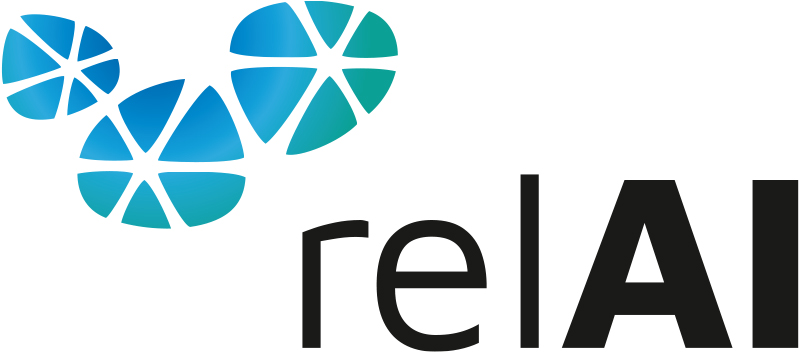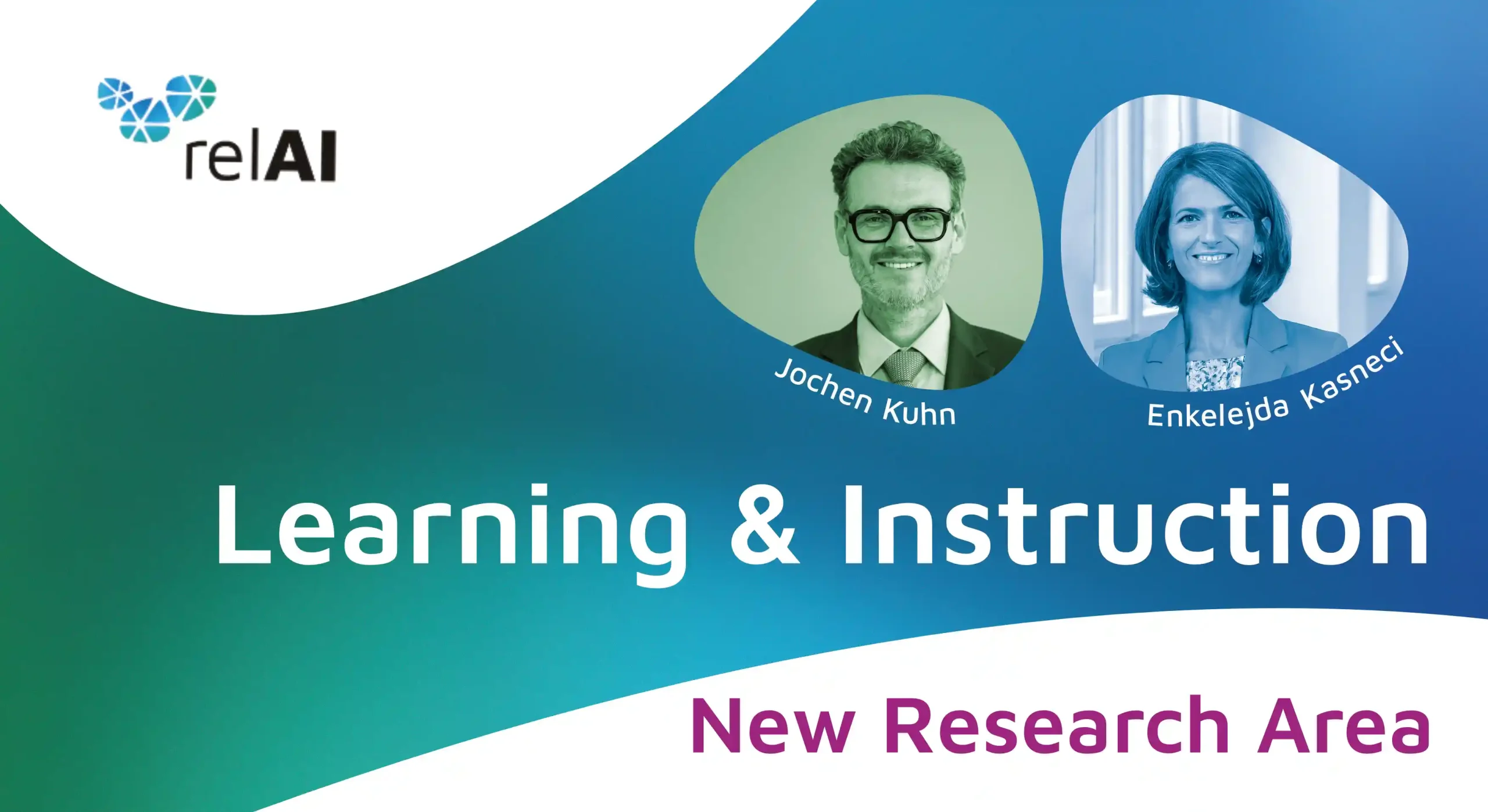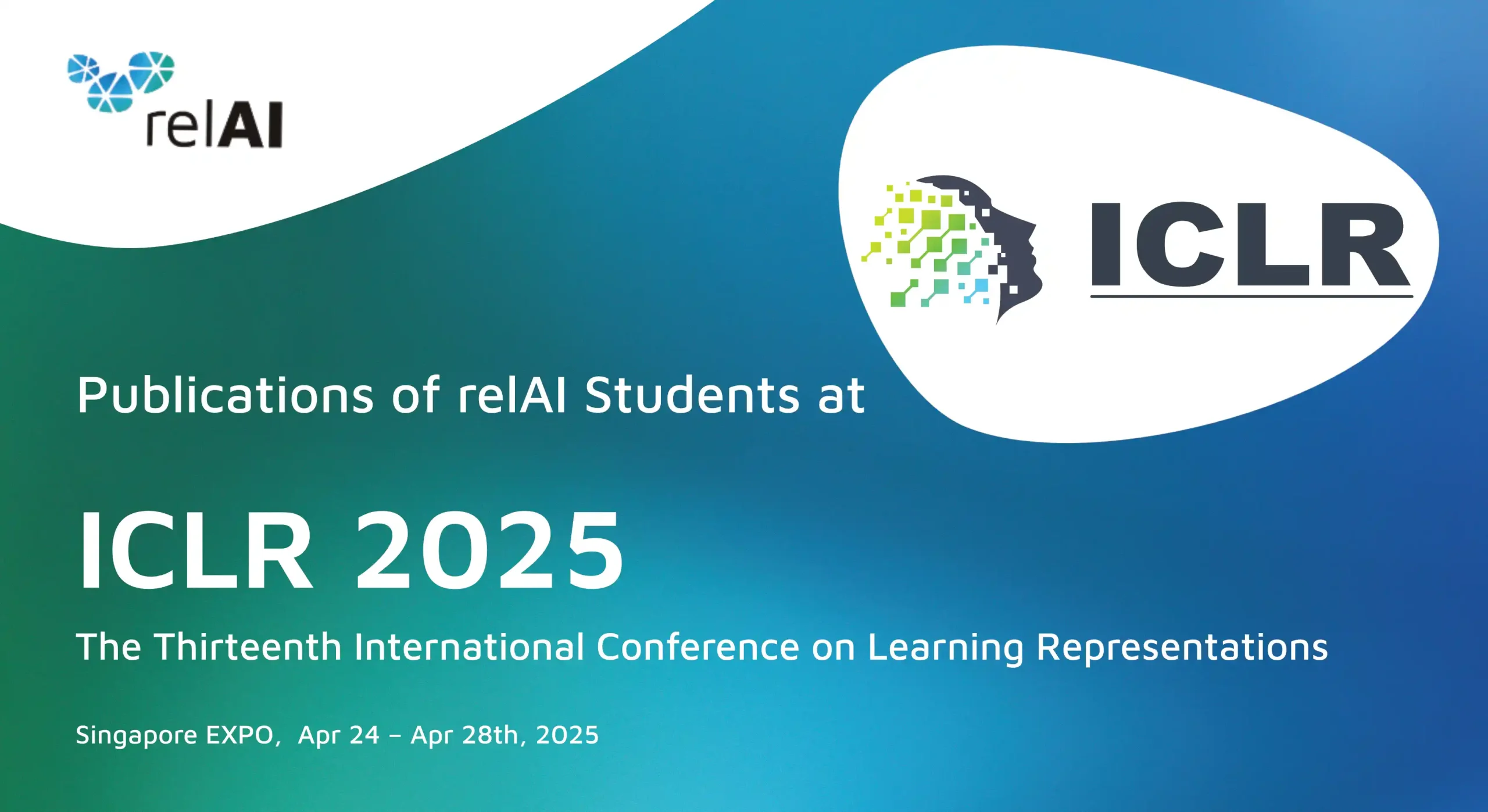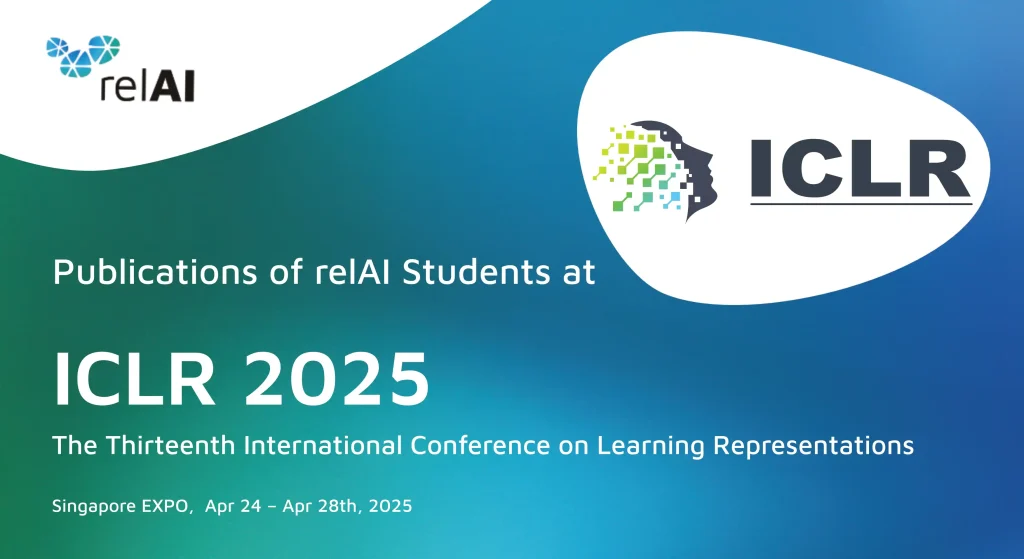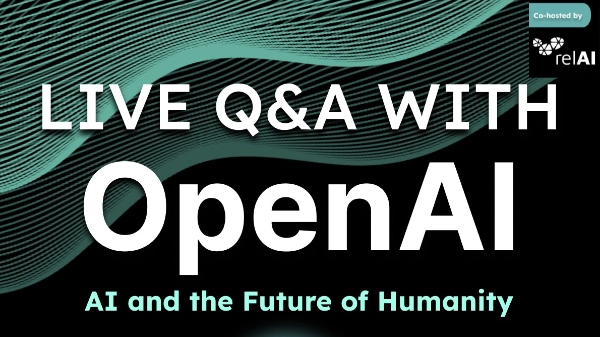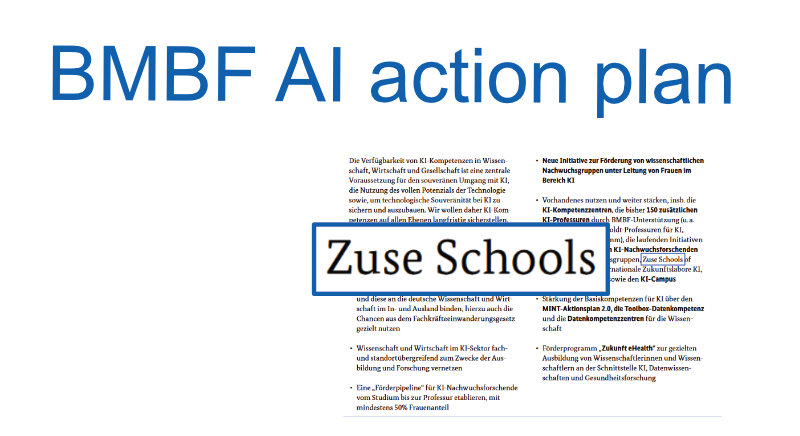
We are excited to announce the upcoming relAI symposium, “Shaping Science, Industry, and Society: Responsible Transformation through Generative AI,” dedicated to the latest developments and future prospects in the field of reliable artificial intelligence. The event aims to promote exchange between science, politics, and industry.
📅 Date and Time: 24 November, 09:00 - 13:00 pm
📍 Location: Haus der Bayerischen Wirtschaft
Program highlights:
- Welcoming remarks from high-ranking representatives from politics and science, including State Secretary Dr. Rolf-Dieter Jungk (BMFTR, virtual) and the presidents of our two universities, Prof. Thomas Hofmann (TUM) and Prof. Matthias Tschöp (LMU).
- Keynotes from renowned researchers: Prof. Frank Fitzek (TU Dresden), Prof. Julia Schnabel (Helmholtz, TUM), and Prof. Stefan Feuerriegel (LMU)
- High-caliber panel discussion with: Dr. Philipp Baaske (LMU, VP Entrepreneurship), Prof. Claudia Eckert (acatech, President), Anna Kopp (Microsoft Digital Germany, CIO/CDO), and Maria Sievert (inveox, Founder).
Agenda and Registration
The complete agenda and the link to register can be found at the event URL.
❗Tickets are available free of charge, but subject to availability. You will receive a confirmation if your registration was successful.
